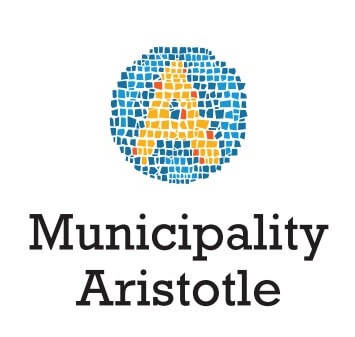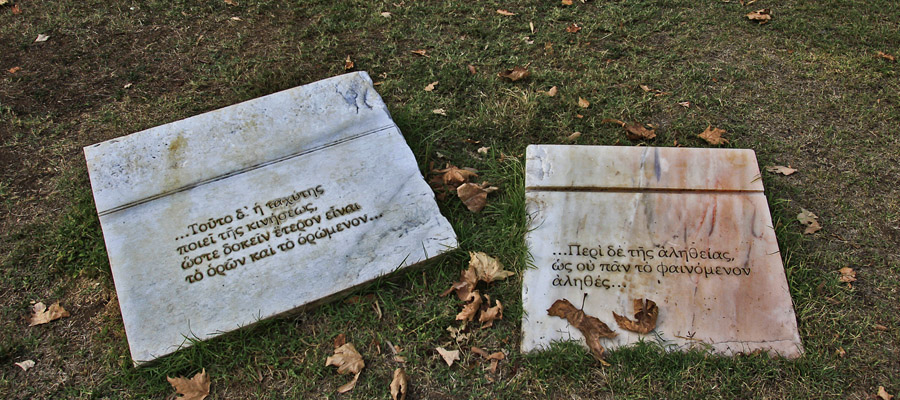When Aristotle began his writing endeavors, there was already a rich legacy of ideas and theories upon which he relied to shape his philosophy into a science of concepts, as Greek philosophy had already existed for over 200 years. After Socrates and Plato, Aristotle was the last great philosopher to influence ancient thought. His original system reflects the organic unity of the Greek spirit. He was the first to systematically address logic, metaphysics, physics, ethics, political philosophy, zoology, psychology, philology, and aesthetics. In essence, he covered all fields of science, with many modern disciplines having their roots in his research. His philosophy influenced not only the followers of his school but also other philosophical schools.
Many scholars studied, commented on, and attempted to interpret his work. During Roman times, his manuscripts, discovered along with his personal archive in Troas, were transferred to Rome, where they were copied and became widely known. The Christian Church in both the East and West relied on Aristotelian thought to establish its doctrines. In the 8th century, his philosophy attracted the attention of Arabs and Jews, who later spread it to the peoples of Europe with whom they came into contact.
During the Middle Ages, Aristotle’s works were systematically studied, while in the Renaissance, the West rediscovered Aristotle, and scientific interest in his works was reignited. Philipp Melanchthon, a German theologian, key leader of the Lutheran Reformation, and friend and collaborator of Martin Luther, promoted their study in German universities. Meanwhile, Jesuit monks based their metaphysical perspective on Aristotle’s method.
Figures such as Galileo, Descartes, and later Kant, among many others, critically examined his writings. From the early 19th century onward, efforts were made to connect the Aristotelian system with modern and contemporary thought.



